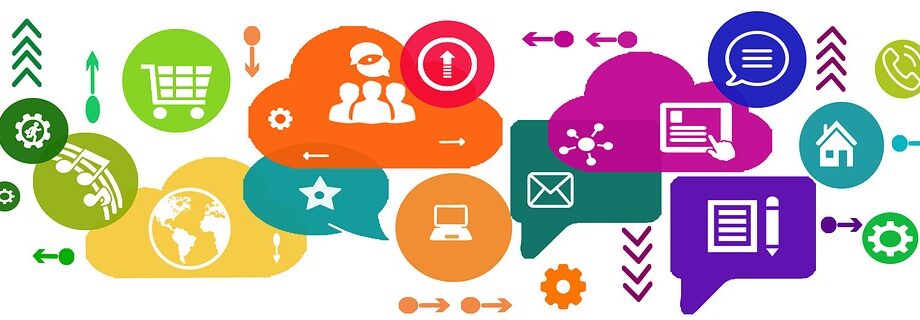The Future of AI: Transforming Industries and Everyday Life
Artificial Intelligence (AI) has rapidly evolved over the past decade, transitioning from a niche technology to a cornerstone of global innovation. As we look towards the future, the potential of AI to transform various industries and the fabric of everyday life is becoming increasingly evident. This article explores the multifaceted impact of AI, highlighting its applications across different sectors and its implications for the average person.
Revolutionizing Healthcare
One of the most promising areas for AI advancement is healthcare. Machine learning algorithms are already being utilized to analyze vast datasets, enabling early diagnosis of diseases, predicting patient outcomes, and personalizing treatment plans. AI-driven tools can assist doctors in interpreting medical images, leading to quicker and more accurate diagnoses. In the near future, we can expect AI to play an even larger role, possibly facilitating remote surgeries with robotic assistance or managing patient care through intelligent virtual health assistants.
Transforming Education
The education sector is also on the brink of a revolution driven by AI. Personalized learning experiences powered by AI can adapt to individual student needs, helping to identify strengths and weaknesses in real-time. Intelligent tutoring systems can provide tailored instruction and feedback, making education more accessible. Moreover, AI can streamline administrative tasks, allowing educators to focus more on teaching and less on paperwork. As a result, the classroom of the future could become a dynamic, interactive environment where students engage with tailored content at their own pace.
Enhancing Transportation
Transportation is another industry ripe for AI disruption. The rise of autonomous vehicles represents a significant shift in how we think about mobility. With advancements in computer vision and sensor technology, self-driving cars are becoming a reality, promising to reduce traffic accidents and improve traffic flow. AI can also optimize logistics and supply chain operations, predicting delivery times and managing routes more efficiently. In urban areas, AI-driven public transportation systems could lead to smarter, more sustainable commuting options.
Reimagining Finance
In the finance sector, AI is already being used for fraud detection, risk assessment, and algorithmic trading. As these technologies evolve, we can expect AI to enable more personalized financial services, such as tailored investment strategies and automated budgeting tools. Robo-advisors are becoming increasingly sophisticated, offering users personalized investment advice at a fraction of the cost of traditional financial planners. In the future, AI could further democratize access to financial services, helping individuals and small businesses make informed decisions about their finances.
Transforming Retail and Customer Experience
Retail is undergoing a transformation as AI technologies enhance customer experience and operational efficiency. From chatbots providing real-time customer support to AI algorithms predicting consumer behavior, businesses can offer more personalized shopping experiences. Inventory management systems powered by AI can optimize stock levels and reduce waste. As retailers continue to adopt AI, we can anticipate a future where shopping is seamlessly integrated with technology, making it more convenient for consumers.
Impact on Employment and Workforce
While the benefits of AI are substantial, the technology also raises important questions about the future of work. Automation may replace some jobs, particularly those involving repetitive tasks, leading to concerns about unemployment. However, AI is also expected to create new job opportunities in areas such as AI development, data analysis, and system maintenance. The key will be in reskilling and upskilling the workforce to adapt to these changes. Educational institutions and businesses must collaborate to prepare workers for the jobs of tomorrow.
Ethical Considerations and Challenges
As we embrace the future of AI, ethical considerations cannot be overlooked. Issues related to privacy, bias in algorithms, and the potential for misuse of AI technologies pose significant challenges. It is crucial for stakeholders—including governments, tech companies, and civil society—to engage in discussions about ethical AI development. Establishing guidelines and regulations will be essential to ensure that AI serves humanity’s best interests while minimizing risks.
Conclusion
The future of AI promises to reshape industries and enhance everyday life in unprecedented ways. From healthcare and education to transportation and finance, AI’s transformative potential is vast. However, as we navigate this exciting frontier, it is imperative to address the ethical challenges and prepare the workforce for the changes ahead. By fostering a collaborative environment that prioritizes human well-being, we can harness the power of AI to create a brighter, more efficient future for all.
